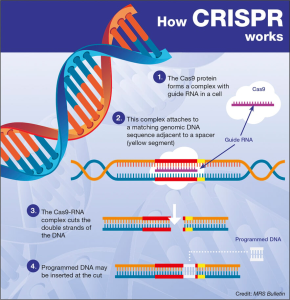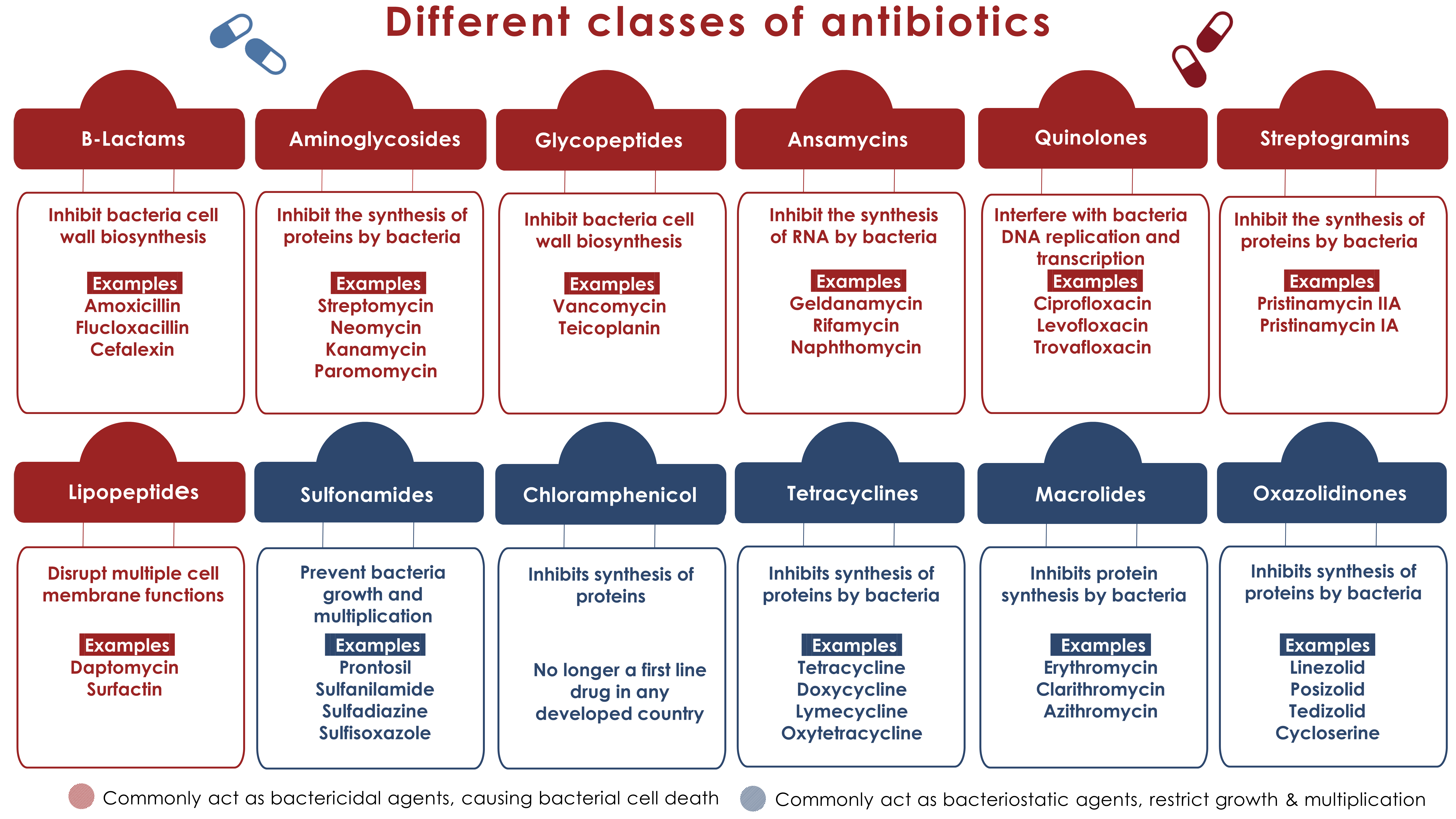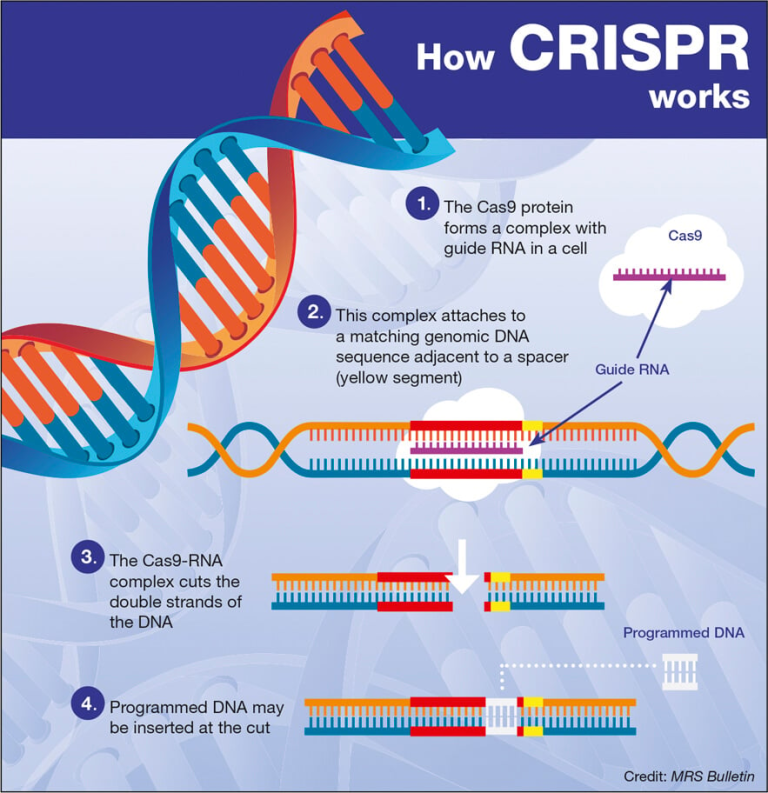In the face of rising antibiotic resistance, Kinvard Bio is pioneering a new class of antibiotics designed specifically to combat drug-resistant bacteria. This innovative approach arises from the urgent need for effective treatments against infections that have become increasingly challenging to manage due to antibiotic resistance. By leveraging advanced synthetic chemistry, Kinvard Bio aims to develop novel compounds that target the bacterial ribosome in a unique manner, offering hope for overcoming existing resistance mechanisms. The potential of these revolutionary antibiotics could reshape the treatment landscape, providing clinicians with much-needed alternatives. As the battle against pathogens escalates, Kinvard Bio stands at the forefront of a critical transformation in healthcare, dedicated to safeguarding future generations from the perils of untreatable infections.
Kinvard Bio represents a groundbreaking initiative in the realm of modern medicine, focusing on the creation of next-generation antimicrobials that can effectively tackle persistent infections caused by resilient strains of bacteria. This startup, emerging from Harvard University’s groundbreaking labs, is committed to addressing the dire challenge posed by antibiotic resistance through advanced biomedical research. Its innovative antibiotic solutions aim to disrupt traditional mechanisms of action, providing new pathways for infection management where conventional treatments have faltered. With an emphasis on cutting-edge synthetic methods, Kinvard Bio is not just advancing pharmaceutical science; it is also paving the way for a safer medical future. Addressing the growing crisis of drug-resistant pathogens, these novel therapeutics aspire to restore faith in the efficacy of antibiotics.
The Rise of Drug-Resistant Bacteria
In the early days of antibiotics, the medical community celebrated groundbreaking advancements that turned the tide against bacterial infections. However, as antibiotics have become widely used, the emergence of drug-resistant bacteria has presented a formidable challenge. Experts now describe antibiotic resistance as a dire health crisis, with a staggering report from the World Health Organization indicating that antibiotic resistance was responsible for over a million deaths globally in 2019. The continuous evolution of bacteria enables them to develop resistance mechanisms, such as altering antibiotic targets or expelling drugs before they can take effect. This scenario manifests a critical need for an innovative approach to antibacterial treatment.
The increasing prevalence of antibiotic-resistant infections underlines the urgent call for the development of new classes of antibiotics. Traditional remedies have become less effective, necessitating a paradigm shift towards innovative treatments that can circumvent bacterial defenses. Companies like Kinvard Bio have arisen in response, aiming to leverage synthetic chemistry to combat this global health menace. By focusing on pathways previously neglected in antibiotic development, these firms are charting new territory in finding effective treatments against pathogens that had long outsmarted existing therapies.
Innovative Antibiotics: A New Hope
Kinvard Bio stands at the forefront of a new wave of antibacterial innovation with its development of a new class of antibiotics designed specifically to tackle drug-resistant infections. By utilizing a unique approach that targets the bacterial ribosome, Kinvard Bio’s compounds—known as oxepanoprolinamides—promise to enhance the efficacy of antibiotic therapy against strains that have developed resistance over time. This innovative strategy is built on the understanding that the ribosome is an essential component for bacterial protein synthesis, making it a clinically validated target for antibiotic action.
Moreover, the structural optimization of these oxepanoprolinamides allows for highly effective binding to the bacterial ribosome, distinctly differentiating them from previously used antibiotics. This novel mechanism not only enhances their effectiveness but also holds potential against pre-existing resistance. With scientists like Ben Tresco and Kelvin Wu driving the research at Kinvard Bio, the focus transcends mere laboratory achievements—it embodies a mission to bring transformative solutions to the clinical landscape, ultimately aiming to provide hope for individuals afflicted by persistent and difficult-to-treat infections.
The Importance of Synthetic Chemistry in Antibiotic Development
Synthetic chemistry plays a pivotal role in the creation of innovative antibiotics, allowing researchers to manipulate molecular structures to enhance efficacy and target specificity. The breakthroughs achieved at the Myers Lab, where Kinvard Bio originated, illustrate how foundational advances in synthetic chemistry can directly address pressing health crises like antibiotic resistance. By employing sophisticated techniques in molecular assembly, researchers can design compounds that are not only effective but also tailored to evade mechanisms of resistance that have previously thwarted many antibiotic therapies.
The push towards inventive chemistry has led to a deeper exploration of antibiotic compounds that were once considered extensively underexploited. As Kinvard Bio continues to build on decades of research, their approach not only fosters the development of new antibiotics but also prepares future scientists to face the looming challenges of antimicrobial resistance. By infusing the field with fresh talent and innovative thinking, synthetic chemistry remains a cornerstone to revitalizing antibiotic development, offering renewed hope in the ongoing battle against superbugs.
Addressing the Global Health Crisis of Antibiotic Resistance
The rising threat of antibiotic resistance necessitates immediate global actions, highlighted by the alarming statistics on mortality due to drug-resistant bacteria. Each year, the healthcare community grapples with the shift brought on by these resilient pathogens, which not only complicate treatment regimens but also elevate healthcare costs and prolong hospital stays. As the medical field races against time, solutions like those developed by Kinvard Bio are increasingly vital to counteract this escalating crisis.
With innovative antibiotics tailored to disrupt the mechanisms of resistance, Kinvard Bio’s efforts could pivot the trajectory of how bacterial infections are managed. By applying findings from years of synthetic chemistry research, the startup aims to create a pipeline of effective therapies that address the most pressing infections in acute and chronic settings. Their ongoing research represents a beacon of hope for healthcare systems grappling with the consequences of antibiotic resistance, ultimately paving the way for future breakthroughs.
Clinical Validation of New Antibiotic Targets
Among the myriad targets available for antibiotic action, the bacterial ribosome stands out as a clinically validated component essential to bacterial survival. Targeting this site opens up new avenues for developing antibiotics that not only maintain efficacy but can also navigate existing antibiotic resistance. Kinvard Bio has capitalized on this explicitly by creating oxepanoprolinamides with enhanced binding properties, promising a fresh approach to fighting stubborn bacteria.
By focusing on a target that has proven effective in clinical environments, Kinvard Bio’s strategy represents a significant advancement in antibiotic development. Understanding the ribosome’s mechanics equips researchers with crucial insights into overcoming bacterial defenses. As ongoing studies continue to support the effectiveness of these innovative antibiotics, the implications for public health could be profound, signifying a crucial turning point in our collective battle against antibiotic resistance.
The Role of Innovation in the Future of Antibacterial Treatments
As antibiotic resistance grows, the imperative for innovation within the pharmaceutical landscapes intensifies. Companies like Kinvard Bio are not only concerned with immediate financial gains but are driven by a mission to discover and develop drugs that can combat the mounting threat posed by drug-resistant bacteria. As antibiotics become less effective, reliance on novel approaches—such as those based on cutting-edge synthetic chemistry—becomes essential for maintaining public health globally.
Innovative antibiotics emerging from platforms like Kinvard Bio signal a meaningful commitment to the future of healthcare. By prioritizing research on underdeveloped areas and utilizing advancements in molecular synthesis, these companies aim to create effective solutions for various bacterial infections. The promise that these innovative therapies hold for billions of patients worldwide cannot be overstated, aligning perfectly with the urgent call for reinvigorated antibacterial strategies in the fight against resistance.
Future Directions in Antibiotic Research
Looking forward, the landscape of antibiotic research must embrace a multifaceted approach if it is to combat multi-drug resistant pathogens effectively. This entails not only developing new classes of antibiotics like those from Kinvard Bio, but also re-evaluating existing antibiotic usage and investment in research and development across the board. With the pharmaceutical industry often cautious about the financial risks involved in antibiotic development, more public and private partnerships may be necessary to incentivize innovation and bridge the gap for patients facing life-threatening infections.
Furthermore, focusing on preventive measures and antibiotic stewardship alongside the development of new antibiotics can foster a healthier ecosystem where these innovations can thrive without rapid emergence of resistance. Kinvard Bio’s efforts exemplify the type of forward-thinking required as it seeks to pioneer solutions against drug-resistant infections. The future of antibacterial research hinges on the collective commitment to innovate, invest, and implement effective strategies that can lead to a sustainable approach to managing infectious diseases.
Antibiotic Delivery Methods: Importance and Innovation
The method of delivering antibiotics is as crucial as the compounds themselves, particularly when dealing with severe infections. Kinvard Bio is actively working on both intravenous and oral formulations of their new antibiotics, which is critical to effectively treating various bacterial infections. An effective delivery mechanism not only enhances drug absorption but also reduces hospital stays, thereby minimizing the risk of healthcare-associated infections that can arise during prolonged admissions.
The versatility in delivery systems embodies the broader understanding within medical research that treatment approaches must be tailored to patient needs. Oral formulations provide the benefit of convenience for many patients, ensuring adherence — or consistency in treatment — while intravenous methods allow for immediate and potent pharmacological effects in acute scenarios. Kinvard Bio’s focus on developing diverse delivery modes complements its innovative compounds, ensuring a comprehensive strategy against drug-resistant bacteria.
Funding and Support for Antibiotic Research
Development of new antibiotics requires substantial investment and support, which Kinvard Bio has garnered through various avenues. The financial backing of programs like the Combating Antibiotic-Resistant Bacteria Biopharmaceutical Accelerator (CARB-X) has been pivotal in advancing the company’s research agenda. Such funding initiatives aim to propel innovative solutions into the pipeline, ensuring that researchers can focus on their discoveries without the overwhelming pressure of funding limitations.
Additionally, partnerships with established institutions like Harvard’s Blavatnik Biomedical Accelerator enhance the credibility and reach of antibiotic development efforts. By collaborating with organizations dedicated to promoting scientific advancement, Kinvard Bio is positioned to maximize its impact and contribute significantly to the understanding and treatment of drug-resistant infections. This multifaceted support framework is vital as the global health community seeks to tackle the ongoing challenges presented by antibiotic resistance.
Frequently Asked Questions
What are the innovative antibiotics being developed by Kinvard Bio?
Kinvard Bio is developing a new class of antibiotics called oxepanoprolinamides, which are designed to target the bacterial ribosome. This innovative approach aims to effectively combat drug-resistant infections by binding to the ribosome in a highly differentiated manner, potentially avoiding pre-existing antibiotic resistance.
How does Kinvard Bio address the issue of antibiotic resistance?
Kinvard Bio addresses antibiotic resistance by creating a new class of antibiotics that specifically target the bacterial ribosome, a clinically validated site for intervention. By focusing on this underexploited area of synthetic chemistry, their drugs aim to overcome the mechanisms of resistance that drug-resistant bacteria have developed against existing antibiotics.
Why is there a need for new classes of antibiotics like those from Kinvard Bio?
The critical need for new classes of antibiotics arises from the alarming rise in antibiotic resistance, which contributes to millions of deaths annually. Kinvard Bio aims to fill this urgent gap by developing innovative antibiotics that can effectively treat infections caused by drug-resistant bacteria, thereby improving public health outcomes.
What role does synthetic chemistry play in Kinvard Bio’s antibiotic development?
Synthetic chemistry is fundamental to Kinvard Bio’s antibiotic development, enabling researchers to design and assemble novel compounds with optimized binding properties. This advanced approach allows the creation of antibiotics that can specifically target drug-resistant bacteria while offering a potential solution to the growing problem of antibiotic resistance.
What are the potential applications of the new class of antibiotics from Kinvard Bio?
The new class of antibiotics from Kinvard Bio is expected to have applications in treating various infections, including acute bacterial pneumonia and chronic respiratory infections, particularly those caused by drug-resistant pathogens. Their focus on both intravenous and oral formulations aims to improve treatment accessibility and patient outcomes.
| Key Point | Details |
|---|---|
| Introduction of Kinvard Bio | Founded in 2025 at Harvard, focused on developing a new class of antibiotics. |
| The Issue of Antibiotic Resistance | Antibiotic resistance led to over a million deaths in 2019, highlighting the urgent need for new medications. |
| Current Antibiotic Development | Only two new classes of antibiotics were approved globally from 2017 to 2022. |
| Breakthroughs in Antibiotic Research | Kinvard Bio’s focus on oxepanoprolinamides aims to overcome existing resistance mechanisms. |
| Targeting Bacterial Ribosomes | Innovative compounds bind effectively to bacterial ribosomes, providing a novel approach to treatment. |
| Historical Context | The research roots trace back to the 1960s and developments like lincomycin after penicillin. |
| Funding and Support | Significant financial backing from sources like CARB-X and the Blavatnik Biomedical Accelerator. |
| Future Goals | To develop antibiotics for acute infections, presenting a viable solution to current health crises. |
Summary
The emergence of a new class of antibiotics is a significant breakthrough in the ongoing fight against drug-resistant infections. Kinvard Bio, through innovative research and development, aims to deliver solutions to one of the most pressing health crises of our time. By focusing on previously under-explored antibiotic targets, their advanced compounds represent a hope for effectively treating infections that currently pose substantial treatment challenges. As antibiotic resistance continues to amplify, the pursuit of novel treatments is crucial for sustaining the efficacy of antibacterial medications for future generations.









